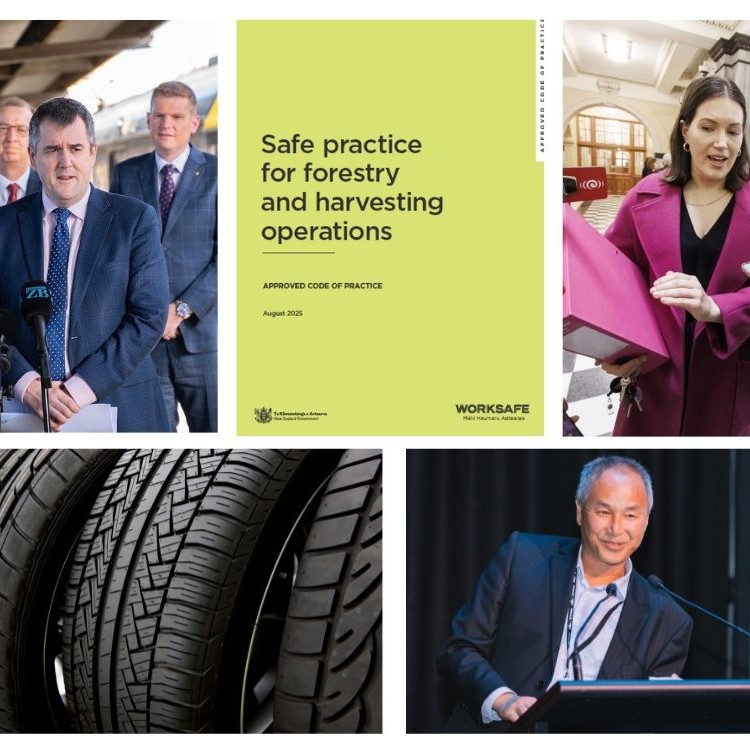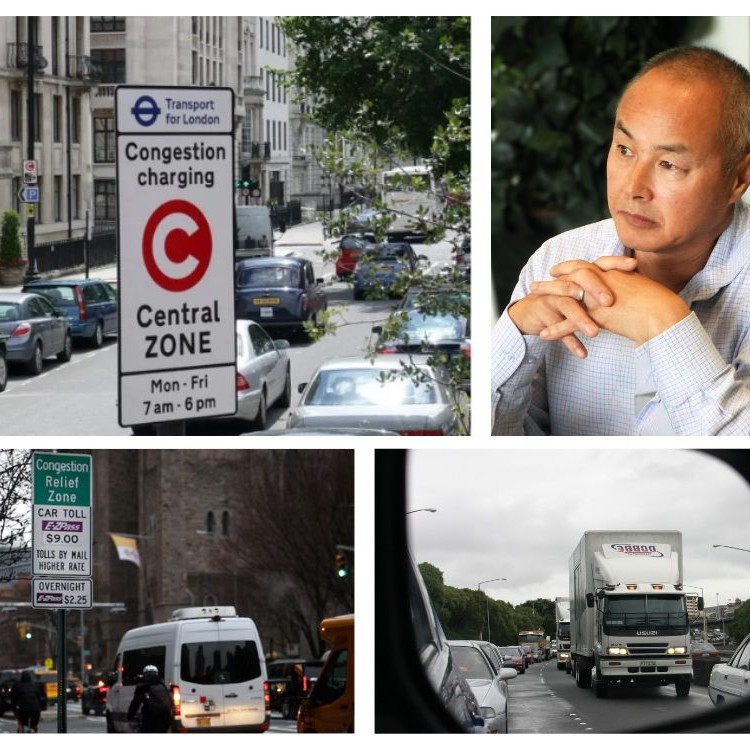
Last week there was a little media coverage that NZ should have concrete roads and I understand there was some support from our sector.
Concrete roads are not a new idea, and in fact there is no specific barrier to their use. In fact when NZTA calls for new roads to be constructed, as it does with the Roads of National Significance public private partnerships, it doesn’t stipulate what should be built nor does it provide the specifications to be used.
NZTA relies on the market bringing and demonstrating it expertise through the suppliers’ respective proposals. NZTA’s focus is then on the lowest whole-of-life cost pavement options that meet their functional requirements and that includes other things like safety and environment and the RMA.
We think the current NZTA approach is good. To me it’s like speccing a truck, I wouldn’t start off saying its need to be alloy bodied or have a cast iron head. Sure, it might end up with both but they wouldn’t be my starting points. I’d more likely start off saying I want to move this type of product over this terrain and suppliers would punt up their offers.
In my view the fact that we currently don’t have much concrete roading probably means it hasn’t yet been a viable solution. Unless we saw very strong evidence that NZTA’s current approach is fundamentally wrong, we’re happy to leave them and their processes to determine matters like the construction material. Doing otherwise could lead to significant regret cost.
While on NZTA matters, it was good to see the results of its annual Partner and Stakeholder Survey. We participated in the survey several months ago and from what I’ve seen the results are both positive and promising. 60% of respondents said they were satisfied with the relationship they had with NZTA and dissatisfaction levels fell to a low 17%. What was telling was overall satisfaction with NZTA in 2024 was at its highest level in 5 years.
The survey also highlighted there is still work to do: while agreement that NZTA is prioritising the needs of our partners and stakeholders has steadily increased over the past four years, this still needs focus. NZTA can better prioritise the needs of the organisations it works with, learn from its experiences and solve problems and issues quicker.
I think these are positive results and bode well for the future and I offer a shout-out to the leaders at NZTA that have been involved with the changes.
Employee theft
Another area of recent interest was an inquiry regarding a company that had suffered theft by one its employees.
It sometime worries me that so much focus is on the financial impact that there isn’t sufficient attention to the personal impact on businesses and staff.
Billy Clemens provided the following succinct advice.
- Closely monitor your business, and set up invoicing and payment systems that avoid a single point of failure that a dishonest staff member could exploit.
- Consider requiring authorisation for high-value transactions, consider snap in-house audits, and review purchases and expenditure.
- Ensure you have effective and up-to-date policies reflecting these safeguards, and communicate these clearly and regularly to staff.
- Transporting New Zealand can provide members with discounted legal advice and policy templates from leading national firms.
- Develop a culture of trust and respect in the workplace, to minimise the risk of disgruntled employees engaging in misconduct.
Our national team of member advisors have seen up-close what a nasty toll it can take, so if you do suffer such an event we can offer support to members before and afterwards.





